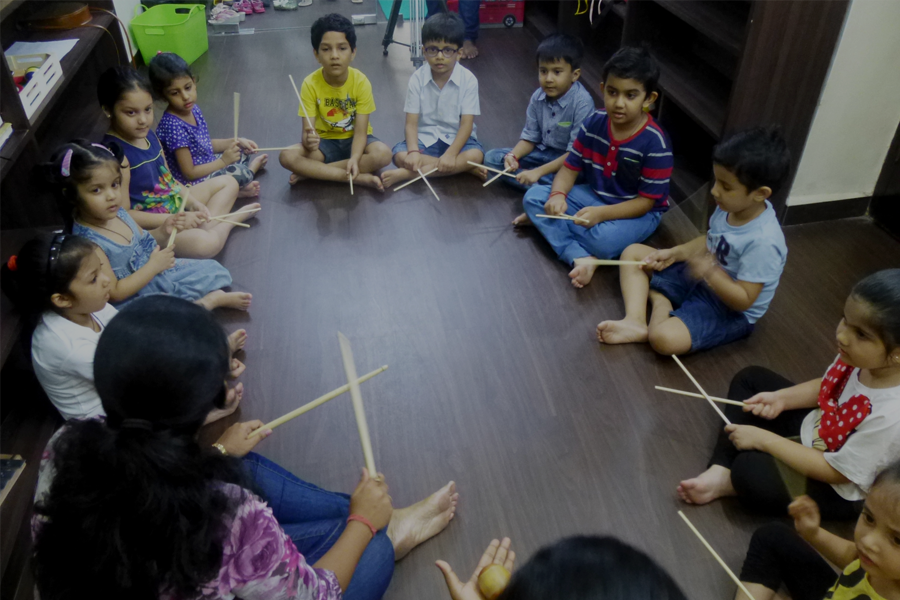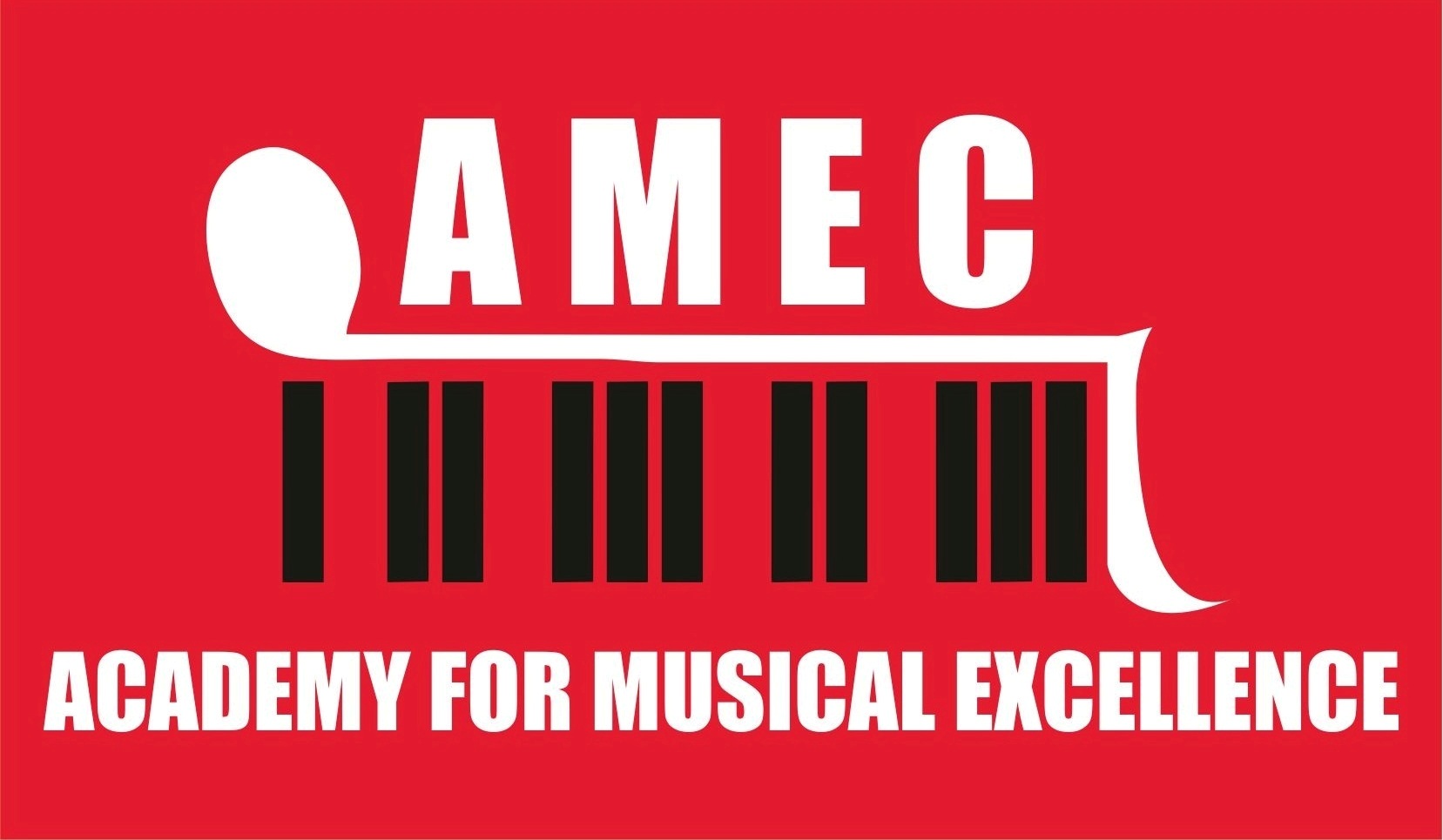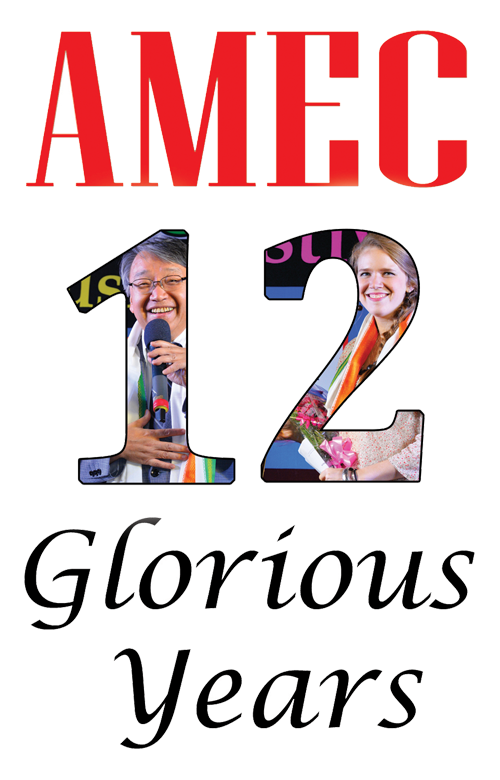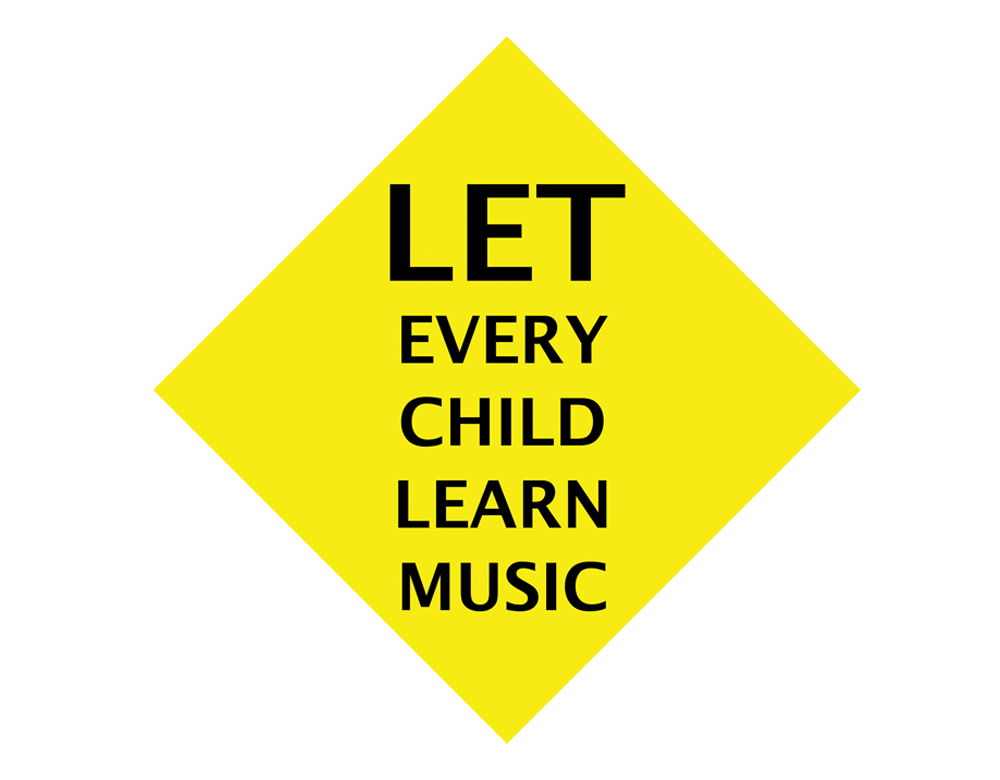Children Music Class (Kodály inspired)

"Let us take our children seriously! Everything else follows from this. Only the best is good enough for a child." - Zoltán Kodály
Making children musical – how the Kodály approach benefits everyone from babies to teenagers
Music is a brilliant and progressive education that promotes learning aspects in children. Countless interconnected benefits are associated with structured and sequential music education. It is a well-proven fact that learning music facilitates and enhances the learning ability in children, which is inevitably used in other aspects of life as well. Structured music lesson is probably the only education that requires both the left and right brains. There are multiple benefits of structured and sequential Kodály inspired music education. Together with building a solid foundation for any form of music, Kodály music lessons help children to develop improved social skills, language skills, arithmetic skills, learning structure, sequential learning, leadership skills, teamwork, growing up as a sensitive young mind, cognitive skills, overall coordination, motor skills and many more.
Kodály’s concepts focus on teaching, learning and understanding music through the experience of singing, the natural musical instrument. The children centric Kodály approach progress in a logical, fun-filled and sequential manner. Formal music education starts at three years introducing children to beats and rhythm combined with extensive physical movement to develop timing, rhythmic competence and coordination. Then, children sing in tune, and lessons progress in a way that requires each child to engage in different modes—kinaesthetic, auditory, and visual. Music is heard first of all and then taught using the tools of relative solfa, rhythm names and hand signs. Relative solfa derives from John Curwen’s Tonic Solfa, and rhythm solfa is inspired by and simplified from the French rhythm solfa system of Gallin-Paris-Chevé.
Music education should begin as early as possible. For babies, AMEC offers a weekly Parent-Child session. Going with the vision of Music For All, AMEC conducts music sessions for children with special needs. It is advisable to begin formal music education from three years of age.
AMEC is the only music school in India to have a team of internationally trained Kodály inspired music education specialist educators. Mr Surendranath Majumdar is the first Indian music educator to study at the Kodály Institute, Ferenc Liszt University, Hungary. Ms Ruchika Majumdar became the first Indian music educator to present a Kodály inspired music session for Global Music educators organised by YCA, MAME and IKS. AMEC collaborates with the International Kodály Society and several other reputed Kodály organisations.



